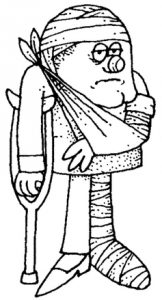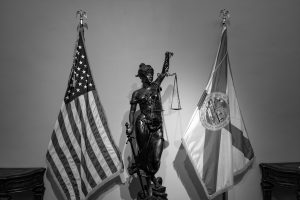 A medical provider authorized by an employer or workers’ compensation insurance carrier to furnish care to an injured worker is paid based on a fee schedule. (Section 440.13(b), Florida Statutes allows for deviations by agreement.)
A medical provider authorized by an employer or workers’ compensation insurance carrier to furnish care to an injured worker is paid based on a fee schedule. (Section 440.13(b), Florida Statutes allows for deviations by agreement.)
Fee schedule payment amounts are always below the provider’s usual and customary charge. However, balance billing by the provider, i.e., an effort to collect from the employee an amount in excess of the fee schedule, is prohibited under Chapter 440 and section 559.72(9), Florida Statutes. In fact, 559.77 creates a civil remedy against medical providers who engage in such balance billing.
In Sun Bank/South Florida, N.A. v Baker, 632 So.2d 669 (Fla. 4th DCA 1994) and Freshwater v Baker, 707 So.2d 937 (Fla. rd DCA 1998), workers’ compensation authorized medical providers brought suit against injured workers to recover amounts above what they accepted in payment from the workers’ compensation carriers. In each case, the injured worker had made a separate recovery from a third party responsible for causing the accident. (It is not uncommon for an employee hurt in the course and scope of his or her employment to also have a cause of action against a third-party, i.e., an entity other than the employer.) In Sun Bank, the injured worker even signed an agreement with the doctor promising to pay any part of the bill not paid by an insurer and containing an acknowledgment that the agreement “constitutes a lien against any recovery for any liability from any source whatsoever.”
 Florida Injury Attorney Blawg
Florida Injury Attorney Blawg










